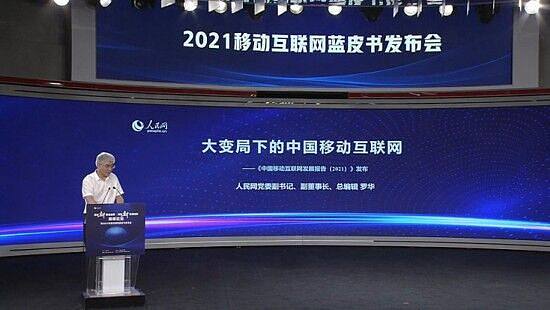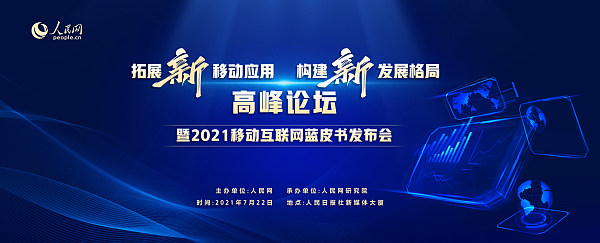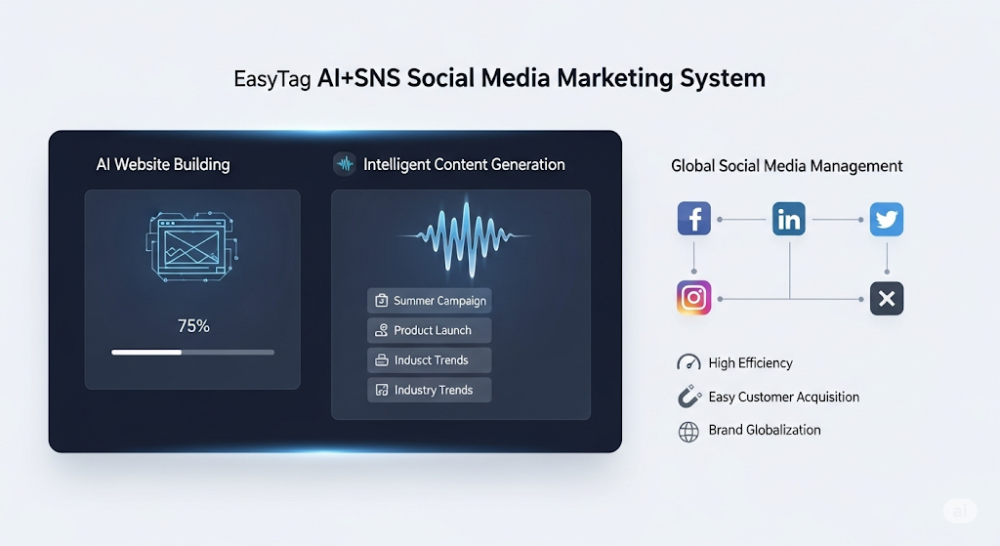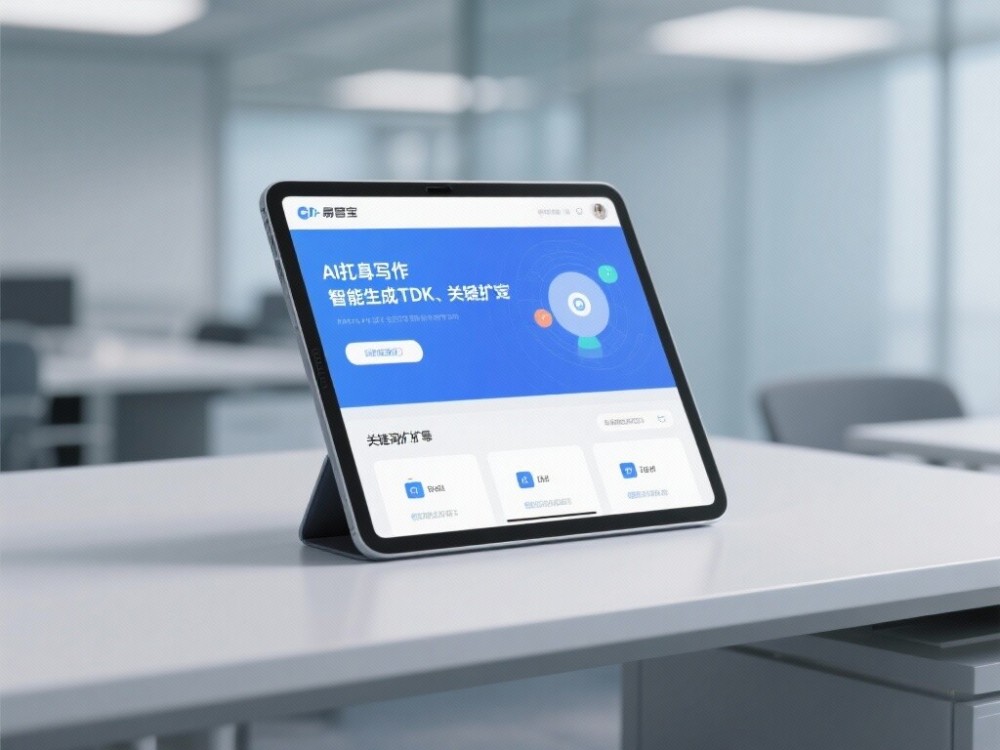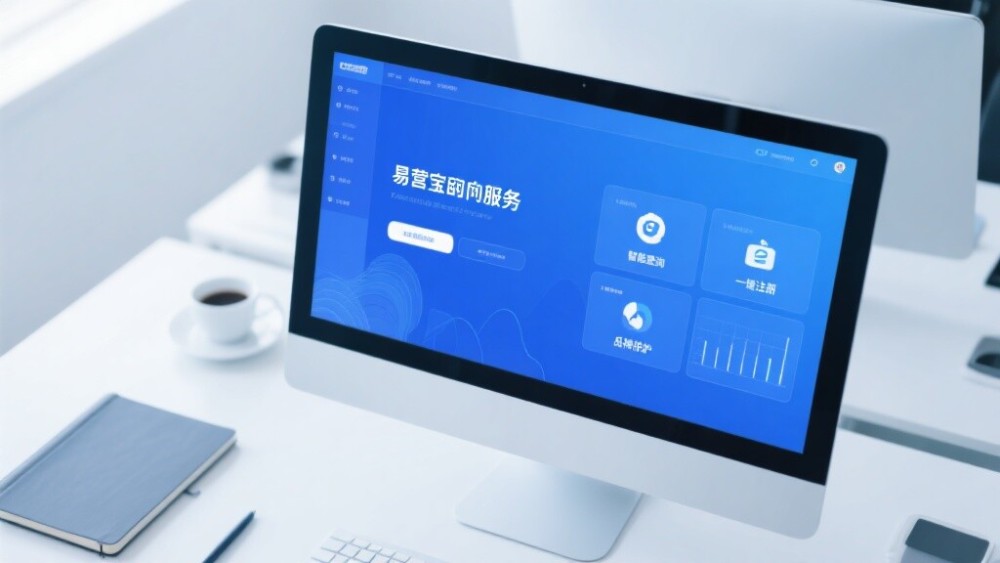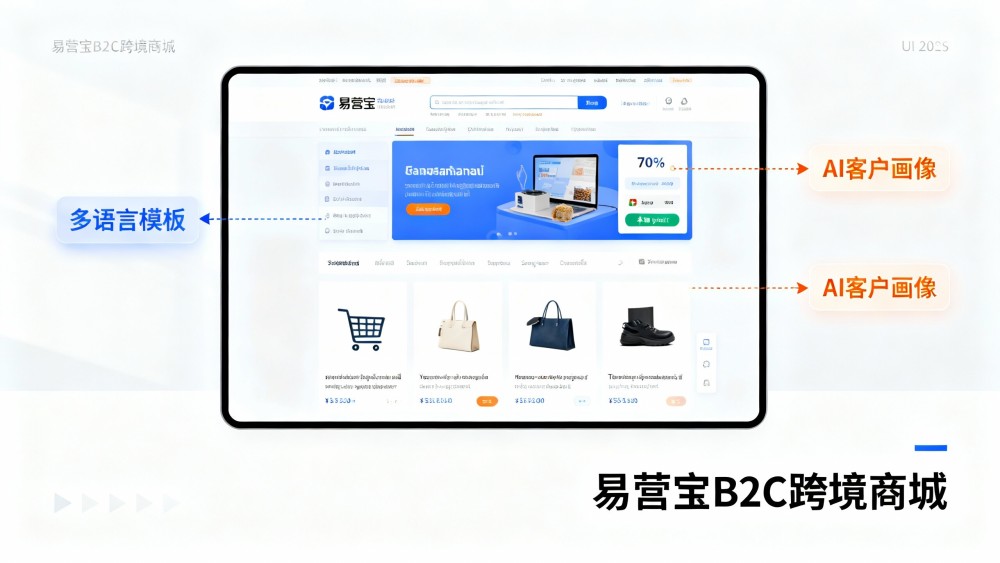- What are the challenges in automating social media landing pages for foreign trade websites? Shanghai service provider helped a auto parts brand achieve 47% increase in daily Portuguese social media updates + inquiries2026-02-06View details
- Shanghai Foreign Trade Website Supplier Recommendation List2026-02-06View details
- Do Portuguese-language independent website builders meet their response time targets? We tested the SLA fulfillment rates of 7 providers.2026-02-05View details
- Why Do 92% of B2B Foreign Trade Companies Choose EYINGBAO SAAS Website Building? 2024 Service Provider Stability Survey Data2026-02-05View details
- B2B Foreign Trade Companies: Self-Built Websites vs. EasyCampus SAAS Website Builder: First-Year Comprehensive Cost and ROI Comparison Table2026-02-05View details
- How to Choose a Portuguese-Language Independent Website Building Platform in 2024? Cost and Delivery Cycle Comparison of 3 Mainstream Service Providers2026-02-05View details
- Distributor Selection Reference: Can Beijing Arabic Independent Website Construction Company Suppliers Support White Label + Multi-Terminal Brand Customization?2026-02-05View details
- Must-Read for Procurement|Cost Structure Analysis of 3 Beijing-Based Arabic Website Development Companies2026-02-05View details
China Mobile Internet Development Report (2021) officially released
People's Daily Online, Beijing, July 22 (People's Daily Online) - This afternoon, the "Expanding New Mobile Applications, Building a New Development Pattern" Summit Forum and the 2021 Mobile Internet Blue Book Release Conference, hosted by People's Daily Online and organized by People's Daily Online Research Institute, were held at the People's Daily New Media Building. Luo Hua, editor-in-chief of People's Daily Online, released the main content of the "China Mobile Internet Development Report (2021)".

Luo Hua, Deputy Secretary of the Party Committee, Vice Chairman, Editor-in-Chief and Vice President of People's Daily Online
The following is the full text of the release:
2020 is an extraordinary year. Under the COVID-19 epidemic, mobile Internet-based applications and services such as health codes, live streaming, and online education have provided strong support for my country to achieve major strategic results in the fight against the epidemic, become the only major economy in the world to achieve positive economic growth, achieve a comprehensive victory in the fight against poverty, and achieve decisive achievements in building a moderately prosperous society in all respects. The implementation of the "new infrastructure" has promoted technological breakthroughs and intelligent upgrades in mobile Internet infrastructure, and the mobile Internet has ushered in a new development and transformation.
1. Overview of China’s mobile Internet development in 2020
1. Mobile Internet Infrastructure
1. 5G network construction is advancing rapidly, and the number of cellular IoT users is growing rapidly. By the end of 2020, my country has built the world's largest 5G network, with 718,000 5G base stations built, covering cities at prefecture level and above and key counties and cities across the country. The total number of mobile communication base stations in the country reached 9.31 million, with a net increase of 900,000 throughout the year. The three basic telecommunications companies have developed 1.136 billion cellular IoT users, with a net increase of 108 million throughout the year.
2.IPV6 network transformation is fully completed, and application is entering a new stage. In August 2020, my country's IPv6 network transformation was fully completed, and all 13 backbone network direct connection points in the country have achieved IPv6 interconnection. As of November 2020, the number of active IPv6 users in my country has reached 435 million, and IPv6 address resources rank second in the world. As of December 2020, the number of IPv6 addresses in my country is 57,634 blocks/32, an increase of 13.3% from the end of 2019.
2. Mobile Internet Users and Data Consumption
1. The number of mobile Internet users has grown steadily. In 2020, the total number of 4G users in my country reached 1.289 billion, accounting for 80.8% of mobile phone users. The scale of 5G users in my country has expanded rapidly, and the number of 5G terminal connections has exceeded 200 million. As of December 2020, the scale of mobile Internet users in China has reached 986 million, an increase of 88.85 million from March 2020, accounting for 99.7% of the total Internet users. However, the growth rate of mobile Internet users continues to slow down, and the average monthly growth rate of monthly active users in 2020 has slowed from 2.3% in 2019 to 1.7%.
2. Mobile Internet traffic consumption has grown rapidly. In 2020, mobile Internet access traffic consumption reached 165.6 billion GB, an increase of 35.7% over the previous year. The average monthly mobile Internet traffic per household (DOU) reached 10.35GB/household/month throughout the year, an increase of 32% over the previous year. Among them, mobile Internet traffic reached 156.8 billion GB, an increase of 29.6% over the previous year, accounting for 94.7% of the total traffic.
3. Development of mobile intelligent terminals
1. The overall shipment volume of mobile smart terminals has declined. In 2020, domestic smartphone shipments reached 296 million units, a year-on-year decrease of 20.4%. The sales volume of the smart speaker market reached 36.76 million units, a year-on-year decrease of 8.6%. The shipment volume of the smart home device market was 200 million units, a year-on-year decrease of 1.9%. At the same time, the shipment volume of the wearable device market in China in 2020 was nearly 110 million units, a year-on-year increase of 7.5%, of which the shipment volume of the smart Bluetooth headset market was 50.78 million units, a year-on-year increase of 41%; the shipment volume of the adult smart watch market was 15.32 million units, a year-on-year increase of 48%.
2.5G mobile phones have reached a new level of growth against the trend. In 2020, the cumulative shipments of 5G mobile phones in the domestic market reached 163 million units, accounting for 52.9% of the total mobile phone shipments in the same period, and the proportion continued to rise. A total of 218 new models were launched, accounting for 47.2% of the number of new mobile phone models launched in the same period.
4. Number and download volume of mobile applications
The number of mobile applications in the domestic market has decreased slightly. As of December 2020, the number of apps monitored in the domestic market was 3.45 million, a decrease of 220,000 from 2019. Among them, the download volume of games, music videos, daily tools, social communications, and system tools ranked at the top.
At the same time, with the rapid advancement of 5G network construction, 5G innovative applications are becoming increasingly rich, and the number of 5G industry innovative application projects has exceeded 5,000.
(V) Investment and Financing Scale of Mobile Internet Enterprises
As of December 2020, the total market value of my country's listed Internet companies at home and abroad reached 16.80 trillion yuan, an increase of 51.2% from the end of 2019, setting a new historical high.
In 2020, there were 1,719 investment and financing events in China's Internet industry, with a financing amount of US$36.07 billion, a year-on-year increase of 10.37% over 2019, and the capital market activity began to increase. Enterprise services, e-commerce, online education, Internet finance, and medical health have become the key areas of investment and financing in the Internet field in 2020.
II. Main features of China’s mobile Internet development in 2020
(I) 5G drives the continuous expansion of industrial Internet and blockchain applications
1. The industrial Internet has entered a period of rapid development, enabling the digital transformation of thousands of industries. As of November 2020, my country has built more than 70 influential industrial Internet platforms, connected 40 million industrial equipment, exceeded 250,000 industrial apps, and registered more than 8 billion industrial Internet logos. The industrial Internet network covers 300 cities and more than 30 industries across the country, connecting 180,000 companies. In 2020, the output value of my country's industrial Internet was about 3.1 trillion yuan, a year-on-year increase of 47.9%, and its contribution to GDP exceeded 11%.
2. The blockchain industry is booming, and its application scenarios are expanding. In 2020, the blockchain industry ushered in new development. The central government and major ministries and commissions have successively issued policies to promote the implementation of blockchain applications. During the epidemic prevention and control period, blockchain technology enabled government service platform projects such as "non-face-to-face approval" and "one-stop service"; blockchain technology was widely used in the financial industry; the State Grid built the "State Grid Chain" based on blockchain technology; and the Supreme People's Court guided and standardized the data chain of courts across the country. In 2020, there were 1,958 blockchain projects in the country, 40 blockchain industrial parks had been built, the number of blockchain-related enterprises reached 64,996, and the blockchain market size reached 3.243 billion yuan.
3. With the continuous breakthroughs in technologies such as artificial intelligence, various mobile applications are developing rapidly. In 2020, more than a dozen provinces issued relevant policies to further promote the development of artificial intelligence and the implementation of the industry. The application scenarios of artificial intelligence combined with mobile Internet are becoming more and more abundant. Self-driving cars, intelligent voice, virtual reality and augmented reality are being more and more widely used in social life. Affected by the new crown pneumonia epidemic, the application of artificial intelligence in the medical field has accelerated. The application of disease monitoring and early warning artificial intelligence, guide robots, voice electronic medical records, etc. has been continuously expanded, and artificial intelligence-assisted vaccine development and drug clinical research have also been further deepened.
In 2020, the Political Bureau of the CPC Central Committee emphasized during its collective study that it is necessary to strengthen the strategic planning and systematic layout of quantum technology development. Zhejiang, Guangdong, Chongqing and other provinces have successively proposed measures to promote the development of quantum information technology. my country has achieved thousand-kilometer-level quantum key distribution and successfully developed the quantum computing prototype "Jiuzhang". The research and application of quantum information technology, which is regarded as a key technology for the next generation of networks, has continued to deepen.
(II) New forms of mobile Internet have become a strong driving force for economic development
1. Online retail and live streaming bring new vitality to consumption. The COVID-19 pandemic has "reshaped" people's consumption patterns to a certain extent, and promoted the full outbreak of new models such as online retail and live streaming. In 2020, the number of mobile online shopping users in my country reached 781 million. The national online retail sales reached 11.76 trillion yuan, a year-on-year increase of 10.9%, accounting for nearly a quarter of the total retail sales of consumer goods. As of December 2020, there were more than 24 million e-commerce live broadcasts, and the number of e-commerce live broadcast users reached 388 million, an increase of 123 million from March 2020. The vigorous development of online retail has promoted the resumption of work and production and economic recovery in various places. Many local leaders participated in live streaming and received positive feedback from public opinion and the market. Many regions have formulated live broadcast development plans to seize the new outlet of live broadcast economy.
2. The "stay-at-home economy" has created new momentum for economic growth. The COVID-19 pandemic in 2020 has caused many offline consumption to shift online, and mobile life services such as online office, telemedicine, online education, and food delivery have shown explosive growth. The resulting "stay-at-home economy" has become an important engine for driving economic growth. Data show that as of December 2020, the scale of remote office users in my country reached 346 million, accounting for 34.9% of the total number of netizens, and user use is becoming more normalized. In 2020, the scale of online education users in my country reached 352 million, and online education sales increased by more than 140% year-on-year. The scale of telemedicine users reached 215 million, and the number of telemedicine patient consultations increased by 73.4% year-on-year. The number of mobile phone food delivery users reached 418 million, and the overall scale of the food delivery market reached 835.2 billion yuan, a year-on-year increase of 14.8%.
3. "Cloud tourism" and online video innovate new consumption formats. In 2020, new tourism formats and models such as "cloud travel" and "cloud exhibition" based on mobile Internet developed rapidly. More than 500 scenic spots in more than 100 cities across the country are "online", which can be visited by mobile phones. Activities such as "Cloud Tour of the Forbidden City" have brought tourists a brand new experience. As of December 2020, there were 516 million mobile game users in my country, and the sales scale of the mobile game market reached 209.676 billion yuan, a year-on-year increase of 20.71%. The scale of online video users reached 927 million, and the scale of short video users was 873 million, an increase of 100 million from March 2020. Major short video platforms have also actively deployed live broadcasting models, leading a new consumption mode.
3. Mobile Internet empowers people’s livelihood and social governance
1. Support precise epidemic prevention and control and facilitate public travel. As of December 2020, the "Health Code" has covered 900 million people, supporting the realization of "one-code access" in most parts of the country. Application applets such as "Close Contact Measurement Instrument" and "Map of Activities of COVID-19 Cases" facilitate the general public to know the epidemic spread and prevention and control information in a timely manner. Railway stations and airports in many places use 5G+ thermal imaging technology to quickly complete the temperature measurement and body temperature monitoring of a large number of people, and achieve precise epidemic prevention and control.
2. Assist rural revitalization and promote the "double sinking" of content and public services. The popularization of new models such as online shopping and live streaming has effectively promoted the "going online" of agricultural products and the "going to the countryside" of e-commerce, driven the development of rural industries, helped increase farmers' income, and strongly supported winning the final battle against poverty. In 2020, the national rural online retail sales reached 1.79 trillion yuan, and the online retail sales of national-level poverty-stricken counties reached 301.45 billion yuan, a year-on-year increase of 26.0%. The mobile Internet has further promoted the "sinking" of content and public services, enriched the culture of rural areas, further promoted the equalization of public services such as online education, and empowered social governance and digital rural construction in rural areas.
3. Give birth to new employment forms, help stabilize and expand employment. The new mobile Internet business model has given birth to a large number of new employment forms such as online car-hailing drivers and food delivery riders. It has not only become a new engine for expanding employment, but also an important carrier for achieving "stable employment" during the epidemic prevention and control period. For example, in 2020, Taobao Live Streaming has driven more than 1.7 million jobs including anchors, script planning, operations, and field control. Online delivery personnel, Internet marketers (including live salesmen), online learning service personnel, and all-media operators have become new professions recognized by the Ministry of Human Resources and Social Security. The mobile Internet platform has become a "reservoir" for socialized employment.
4. Empower digital government construction and promote "one-stop service". As of December 2020, the scale of Internet government service users in my country reached 843 million. The national integrated government service platform has been basically completed, providing services to more than 1.4 billion people and more than 100 million market entities across the country, pushing "one-stop service" into a new stage. As the general hub of the national integrated government service platform, the "National Government Service Platform" brings together government service matters from 31 provinces (autonomous regions, municipalities directly under the central government) and the Xinjiang Production and Construction Corps, as well as 46 State Council departments. During the COVID-19 epidemic, a series of government service columns were launched nationwide to promote "online service" and "mobile service", helping to ensure that government services across the country are open 24 hours a day during the epidemic. In 2020, "contactless" online services were provided to 3.3 billion people in a timely manner. By the end of January 2021, the number of real-name registered users on the platform exceeded 200 million, and the number of visiting users exceeded 1 billion.
4. Mobile network policies and regulations continue to improve
1. Big data application and personal information protection have attracted much attention. The COVID-19 epidemic has accelerated the arrival of the "big data" era. Local governments have used big data to help with precise prevention and control and resumption of work and production. All walks of life have used big data to improve efficiency and create benefits. At the same time, big data application and personal information protection have also become key issues of concern to relevant departments. The "Data Security Law of the People's Republic of China (Draft)" and the "Personal Information Protection Law (Draft)" were announced in July and October 2020, respectively, and were publicly solicited for comments from the public.
2. Strengthening anti-monopoly and preventing disorderly expansion of capital have become the focus of supervision. Since 2020, the Party Central Committee has repeatedly emphasized strengthening anti-monopoly and preventing disorderly expansion of capital. The monopoly of Internet platforms and disorderly expansion of capital will damage fair competition in the market and the legitimate rights and interests of consumers, bringing huge risks. At the end of 2020, relevant Internet companies were investigated for suspected monopolistic behavior. In February 2021, the "Anti-monopoly Guidelines for the Platform Economy of the Anti-monopoly Committee of the State Council" was issued, which provided scientific, effective and targeted institutional rules for strengthening anti-monopoly supervision in the platform economy.
3. Network ecological governance is constantly optimized and upgraded. In 2020, a series of special network governance actions were launched and relevant laws and regulations were introduced, marking the further deepening of mobile Internet governance. The "Regulations on the Ecological Governance of Network Information Content" came into effect on March 1, 2020. Supervision of online live broadcasts and the network security of minors has become a major focus of Internet governance. Relevant supervision continues to exert force, network ecological governance is constantly strengthened, and the mobile network space is clearer.
4. The transformation of the Internet to be suitable for the elderly is progressing steadily. There are nearly 140 million elderly people in the country who use feature phones or smartphones but do not go online. The COVID-19 epidemic has brought the issue of the "digital divide" among the elderly to the surface. In November 2020, the General Office of the State Council issued the "Implementation Plan on Effectively Solving the Difficulties of the Elderly in Using Intelligent Technology". Later, the Ministry of Industry and Information Technology announced that the "Special Action for the Adaptation of Internet Applications to the Elderly and Accessibility Transformation" will be launched nationwide. This will not only allow the elderly to share the fruits of digital technology development, but will also give birth to the "silver economy" of the mobile Internet.
5. Mobile Internet space is full of positive energy
1. Mainstream media play a leading role in mainstream values, and the main theme of mobile space is high. In 2020, the development of media integration continued to advance in depth, greatly enhancing the supply of positive content in the mobile public opinion field, and continued to lead the mainstream value of mobile Internet. Mainstream media reported the latest developments of the epidemic, interpreted relevant policies, responded to public concerns, and dispelled rumors in the first time, gathering a powerful force to fight the epidemic. China's Beidou satellite navigation has achieved global coverage and other development achievements, which ignited the patriotic enthusiasm of netizens, and the number of Weibo readings of related topics exceeded 100 million.
2. Institutional identity and cultural confidence are further strengthened, and netizens have doubled their confidence in the future. In 2020, the world was affected by the once-in-a-century COVID-19 pandemic. The majority of netizens expressed positive affirmation of China's epidemic prevention and control, and highly recognized China's institutional and cultural advantages. The Chinese people's national self-esteem, self-confidence and patriotic enthusiasm were once again greatly stimulated. The Fifth Plenary Session of the 19th CPC Central Committee was successfully held, and public opinion praised it for "drawing a grand blueprint for winning new victories in the comprehensive construction of a modern socialist country."
3. Challenges facing the development of China's mobile Internet
1. Breakthroughs in independent core technologies await
In 2020, the United States' "technology cut-off" to China became a reality. China's dependence on foreign core mobile Internet technologies and platforms is still high, and the problem of "bottleneck" in core technologies cannot be ignored.
2. 5G application scenarios need to be expanded
5G needs to adapt to the diverse business needs of all industries and deeply integrate with industry application scenarios. 5G personal applications are generally still in the pilot stage, with low user perception and acceptance, and lack of large-scale, phenomenal applications. Further in-depth research and development is needed to combine needs, scenarios and terminals.
(III) Shortcomings in laws and regulations need to be addressed
At present, the legal protection of workers in the "new employment form" cannot keep up for the time being. Issues such as "choose one of two" and "big data killing old customers" on Internet platforms have been questioned. Regulatory frameworks for driverless cars, online medical care, financial technology, and smart delivery need to be explored and established, and relevant laws, regulations, and ethical review rules need to be further improved.
(IV) Digital resource property rights and other systems need to be established
The prevention and control of the COVID-19 epidemic is a milestone in China's big data application. How to strengthen the use of big data and the protection of rights and interests is related to the further development of the mobile Internet. The National "14th Five-Year Plan" has clearly stated: "Coordinate data development and utilization, privacy protection and public security, and accelerate the establishment of basic systems and standards for data resource property rights, transaction circulation, cross-border transmission and security protection."
IV. Development Trends of China’s Mobile Internet
1. Mobile Internet helps build a new development pattern
The world today is undergoing a major change that has not been seen in a century. To build a new development pattern of "dual circulation", we need to give full play to the potential of domestic demand in my country, and lead and create new demand with innovation-driven and high-quality supply. New applications and new formats based on mobile Internet, such as online retail, live streaming, and online education, have shown explosive growth, which will surely further promote consumption growth and release potential. The construction of new infrastructure such as 5G, data centers, and industrial Internet has further expanded, and the localization process of chips and operating systems has accelerated, which will also help the digital transformation and upgrading of the industry, enhance the resilience of mobile Internet development, and provide strong impetus for creating a new engine for high-quality economic development and building a new development pattern.
2. Further integration of 5G with the Industrial Internet, Internet of Vehicles and ultra-high-definition video
After 5G is officially put into commercial use, the application and breakthrough of new technologies such as 5G edge computing, terminal node technology, 5G positioning technology, and 5G V2X vehicle networking technology will further promote the optimization and upgrading of mobile Internet. The integrated application of "5G+Industrial Internet" has become the direction and trend of the transformation and upgrading of traditional manufacturing industry. With the intensive introduction of relevant policies and the accelerated promotion of 5G network construction, 5G and Industrial Internet will surely be further deeply integrated, promoting the Industrial Internet into a new stage and accelerating China's new industrialization process. 5G will also further promote the rapid development of the Internet of Vehicles, promote the popularization of 4K/8K ultra-high-definition video and the upgrading of the industrial chain, and help usher in the era of ultra-high-definition video.
3. Accelerate the construction of smart cities and digital villages
The COVID-19 pandemic has become a major test of a city's intelligence level and the government's social governance capabilities. The application value of cutting-edge mobile Internet technologies such as artificial intelligence, big data, and blockchain in a wide range of fields such as government affairs, transportation, medical care, and education has gradually emerged. my country has achieved a comprehensive victory in the fight against poverty, and will comprehensively promote rural revitalization in 2021. The Central Document No. 1 of 2021 once again proposed "implementing the digital rural construction and development project." It can be foreseen that the application of mobile Internet in the construction of smart cities and digital villages will be fully accelerated, providing strong support for social governance and rural revitalization.
4. The super network connecting people and things has unlimited application space
The Outline of the 14th Five-Year Plan proposes to "promote the comprehensive development of the Internet of Things and build Internet of Things access capabilities that support fixed-mobile convergence and broadband-narrowband integration." With the large-scale construction of 5G and the full popularization of 4G, the era of "intelligent connection of all things" is coming to us. Not only are people conveniently connected to each other, but more objects are joining the human social network, forming a large-scale simultaneous online connection between people and objects. Various mechanical equipment on the industrial Internet, various monitoring sensors in farmland, various cameras and unmanned vehicles on traffic routes, and various smart appliances and daily necessities entering homes and public places interact with people anytime and anywhere. The mobile Internet will evolve into a super network where people and massive objects coexist. In 2021, smart home life, automatic driving experience, remote field management, etc. will no longer be far away from people.
(V) Online education and telemedicine industries are experiencing an explosion
The COVID-19 epidemic has changed the working and living patterns of the public to a certain extent, and the demand for online education and telemedicine has increased significantly. As the prevention and control of the epidemic enters the normal stage, consumption habits such as telemedicine and online education will be retained. National policies strongly support "focusing on key areas such as education, medical care, elderly care, childcare, employment, culture and sports, and assistance for the disabled, promoting the universal application of digital services, and continuously improving the sense of gain of the people", which will further promote the development of related industries. At the same time, government supervision of online education and Internet medical care will also become stricter, and the industry will be more standardized, which will help further expand the application of mobile Internet and promote the popularization of the dividends of mobile Internet development in the whole society.
Related Articles
Related Products

